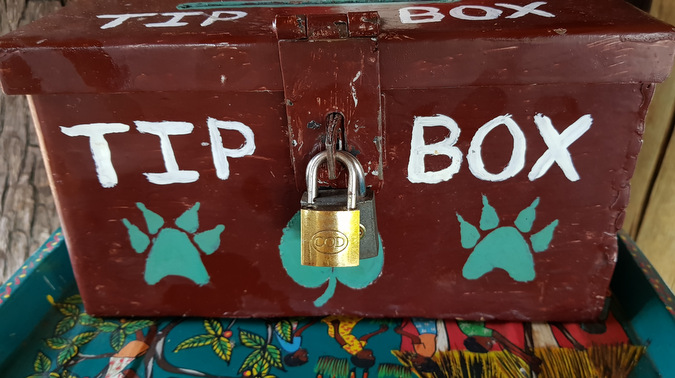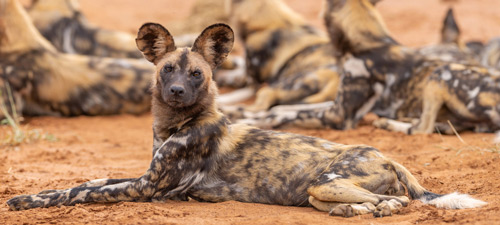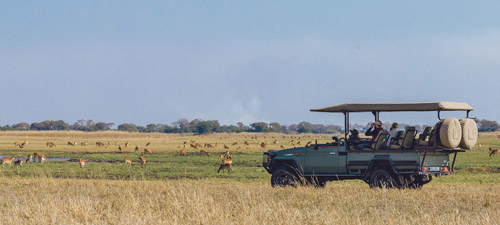
The simple act of tipping can be an anxious moment for many people while on safari, and the subject of much discussion and seeking advice.
We like to reward excellent service, but hate being worked over for a tip. Your tip can be empowering for all concerned and adds to the value that we all provide as safari-goers in Africa’s rural areas. Your tip does make a real difference, where it counts. On the other hand, there is nothing worse than lodge staff hovering expectantly nearby while you check out.
So, here then are a few ‘tips’ from some of our team and from safari clients about this prickly issue:
• “I tip only when I receive excellent service, and when I feel that the person has worked hard, going beyond the call of their job. And a happy smile also works for me. This firm line helps me avoid the stress of being undecided”;
• “I tip lodge/hotel staff at the end of my stay, to a communal tip box which many lodges have, or in an envelope handed to the manager. I do not tip porters and waiters for ongoing chores like carrying bags – unless there is no communal tip box, in which case I tip US$1 each time. I always ask lodge management beforehand about tipping, so that I follow the correct procedure for that lodge”;
• “For group safaris, it’s often a good idea to pool tips. I have seen some groups arranging a fun presentation at the end of their stay – which is a great idea. Some people in groups prefer to tip directly, and that’s also fine”;
• “I usually tip about US$15 – $20 per day of my stay to lodge staff (to be shared by them, usually via a communal tip box system), and an additional US$15 – $20 per day to my guide and tracker (handed directly to them and shared by them). Sometimes I also give my bird book to my guide – if he is interested in birds, and if he does not have the latest version”;
• “One golden rule: Never tell your guide/tracker that the tip is dependent on them finding specific species. This is unfair and may encourage bad behaviour and damage to the environment and wildlife”;
• “I give my tips in new, unblemished notes – many banks do not accept damaged notes and many do not accept US$ notes that are older than 2013. Also be aware that some banks reject less commonly encountered currencies such as Yuan, Rubles and Rupees”
Lastly, remember that tipping is entirely at your discretion. There are no rules, only guidelines.
For accommodation options at the best prices visit our collection of camps and lodges: private travel & conservation club. If you are not yet a member, see how to JOIN below this story. Also, go here to see some of our popular ready-made safari options.
To comment on this story: Login (or sign up) to our app here - it's a troll-free safe place 🙂.![]()








